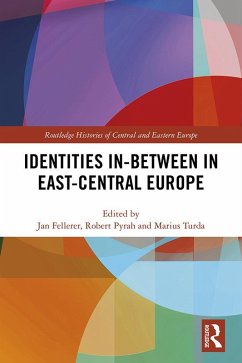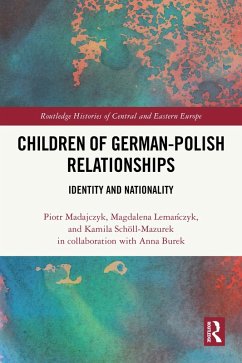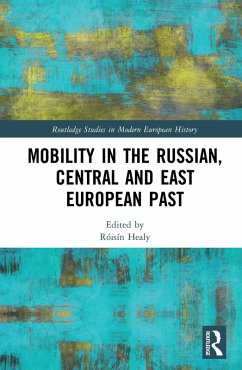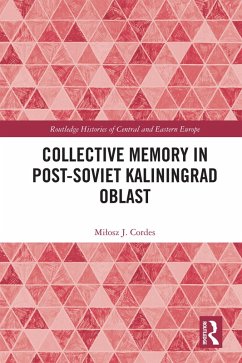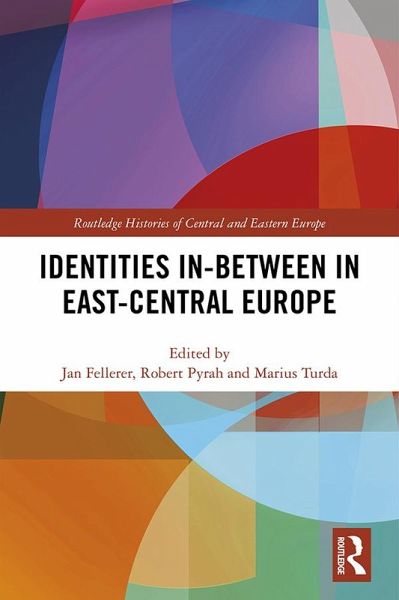
Identities In-Between in East-Central Europe (eBook, ePUB)
Versandkostenfrei!
Sofort per Download lieferbar
42,95 €
inkl. MwSt.
Weitere Ausgaben:

PAYBACK Punkte
21 °P sammeln!
This volume addresses the question of 'identity' in East-Central Europe. It engages with a specific definition of 'sub-cultures' over the period from c. 1900 to the present and proposes novel ways in which the term can be used with the purpose of understanding identities that do not conform to the fixed, standard categories imposed from the top down, such as 'ethnic group', 'majority' or 'minority'. Instead, a 'sub-culture' is an identity that sits between these categories. It may blend languages, e.g. dialect forms, cultural practices, ethnic and social identifications, or religious affiliati...
This volume addresses the question of 'identity' in East-Central Europe. It engages with a specific definition of 'sub-cultures' over the period from c. 1900 to the present and proposes novel ways in which the term can be used with the purpose of understanding identities that do not conform to the fixed, standard categories imposed from the top down, such as 'ethnic group', 'majority' or 'minority'. Instead, a 'sub-culture' is an identity that sits between these categories. It may blend languages, e.g. dialect forms, cultural practices, ethnic and social identifications, or religious affiliations as well as concepts of race and biology that, similarly, sit outside national projects.
Dieser Download kann aus rechtlichen Gründen nur mit Rechnungsadresse in A, B, BG, CY, CZ, D, DK, EW, E, FIN, F, GR, HR, H, IRL, I, LT, L, LR, M, NL, PL, P, R, S, SLO, SK ausgeliefert werden.




